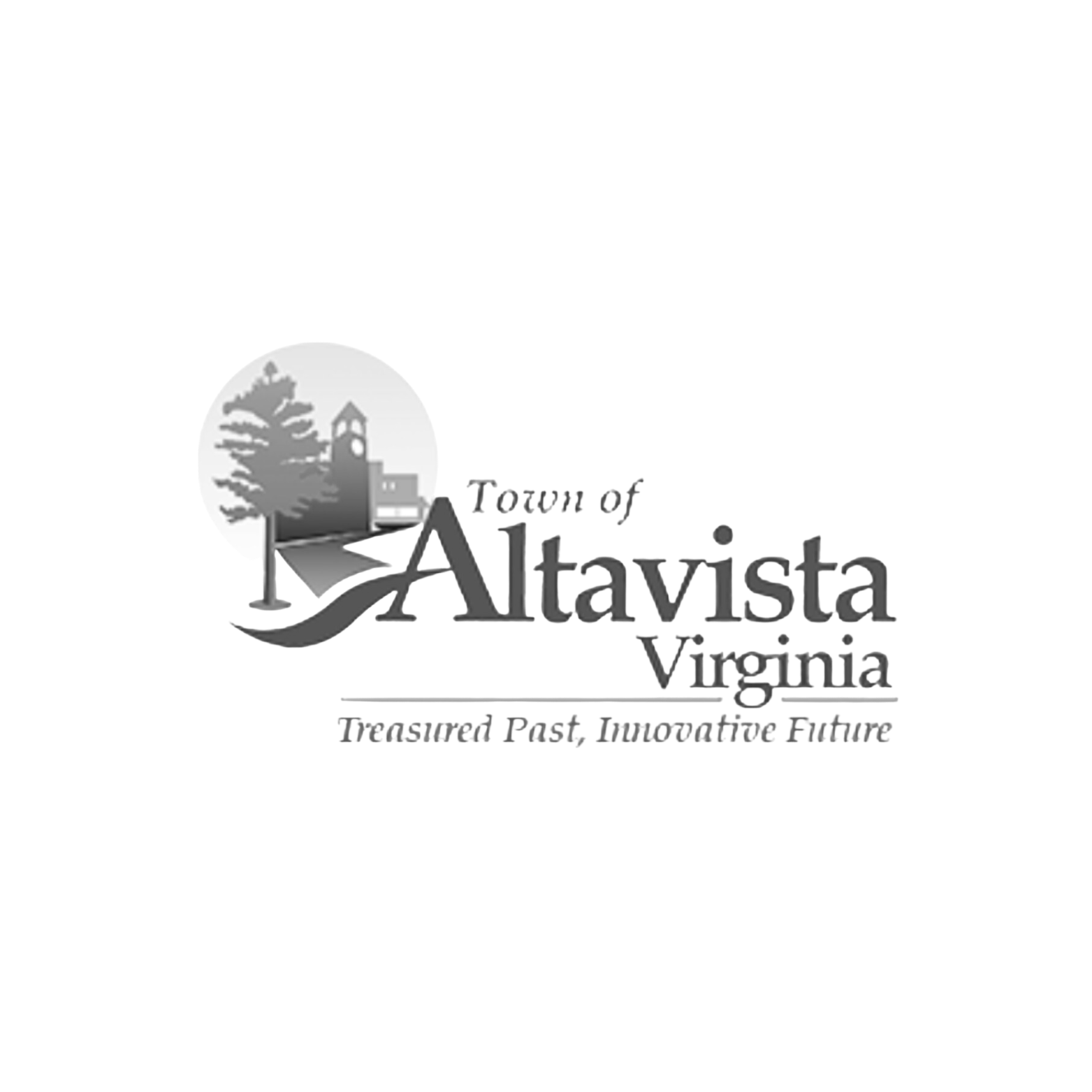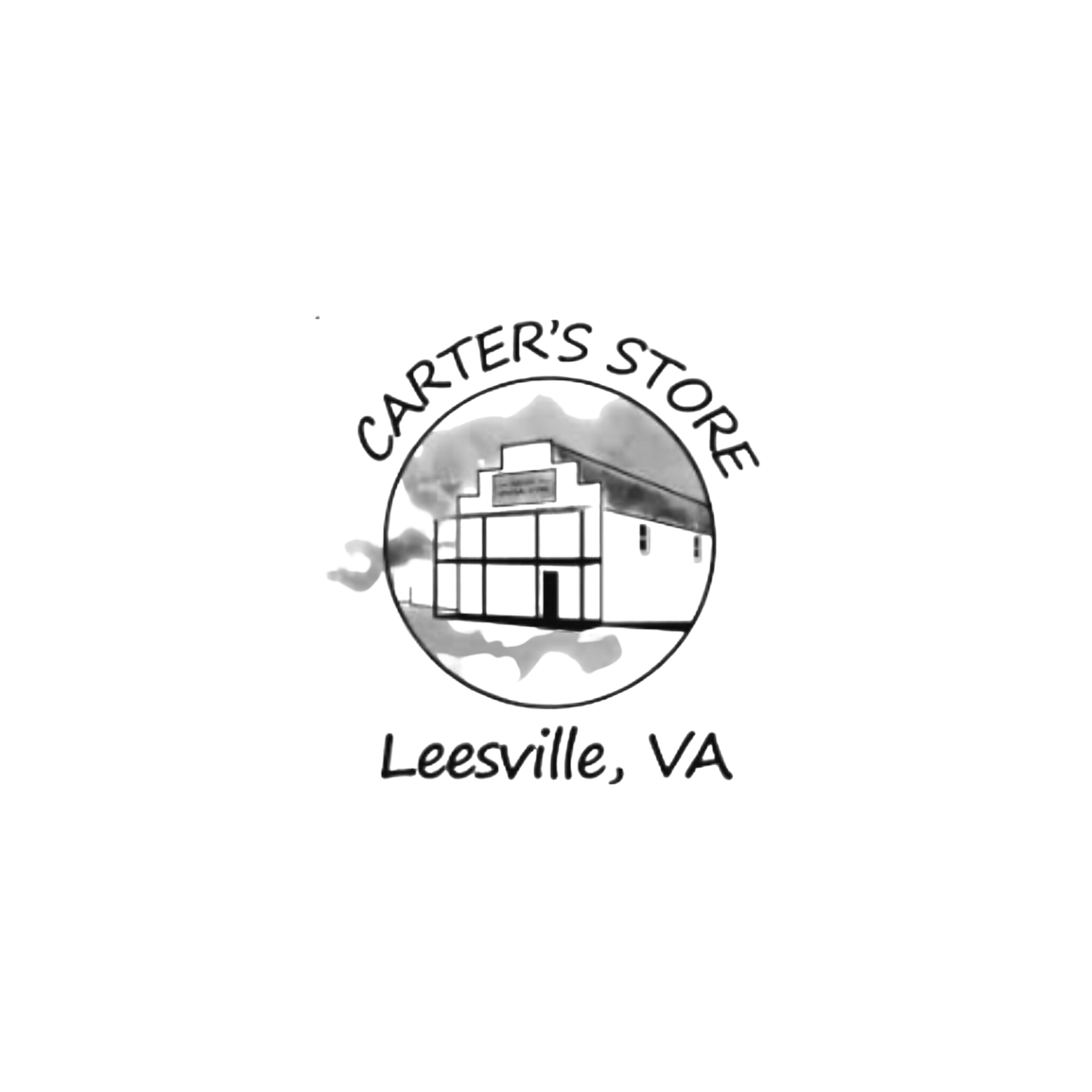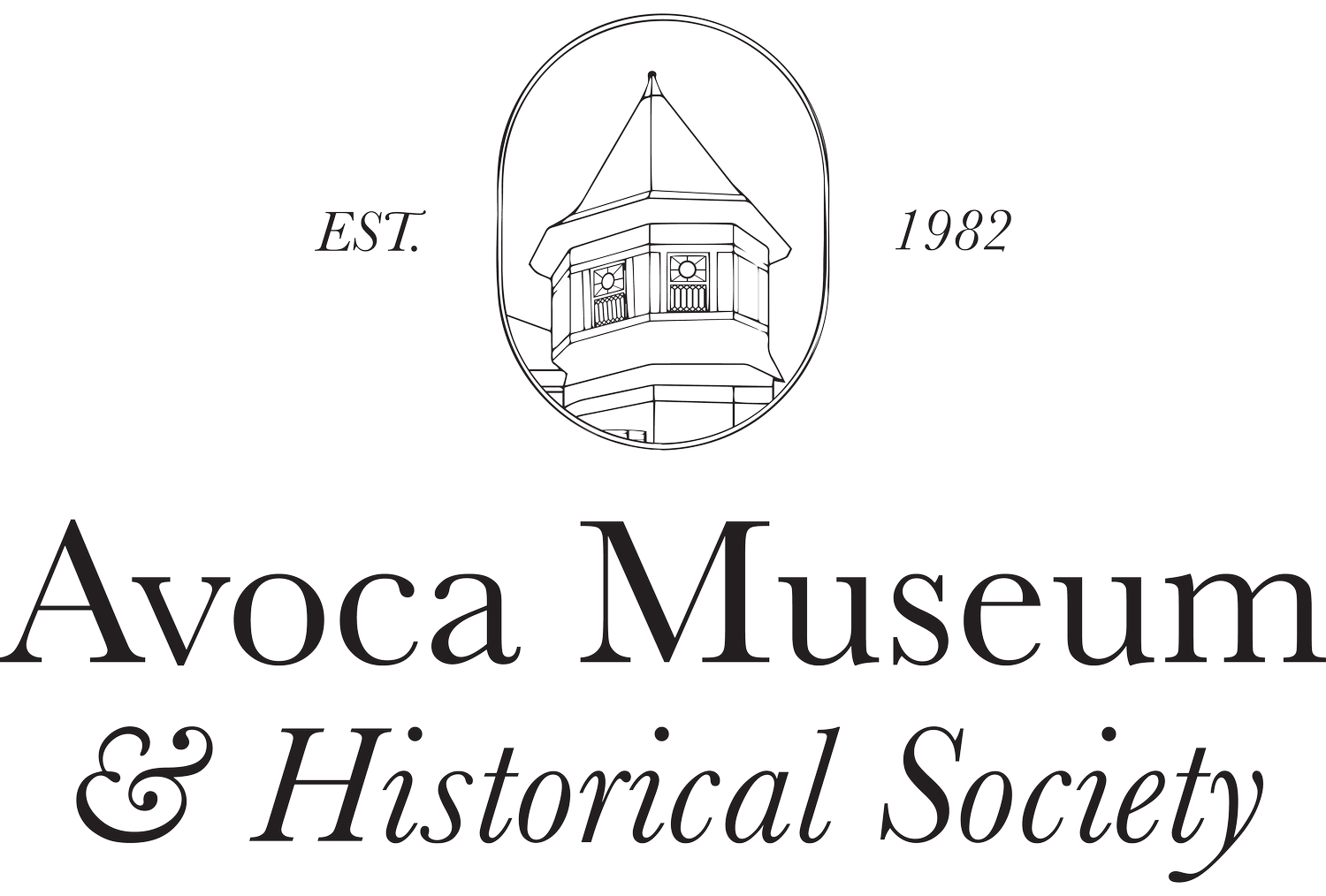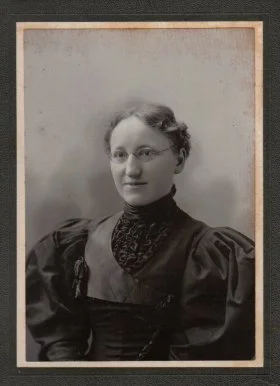Avoca’s History
Juliet Fauntleroy
by Emily Parrow
Miss Juliet Fauntleroy was a collector.
Growing up in a wealthy family in Altavista, she had access to a quality education at Randolph-Macon Woman’s College, and was among the first women to matriculate at the University of Virginia and Vanderbilt University, something that would earn her endless opportunities for her future. Juliet Fauntleroy was a quiet, determined woman with an unconditional devotion to learning. As a teacher at Altavista High School during the Great Depression, “Miss Juliet” was known to offer a nickel to her students in exchange for Native American artifacts like arrowheads or knife blades to add to her vast collection. Some of the objects uncovered from the area date back thousands of years. The majority of her collection is preserved in the Fauntleroy Gallery at Avoca Museum.
In the 1910s, Miss Fauntleroy was a collector of music. Her interest in folk music was sparked in 1913 after hearing Professor C. Alfonso Smith, a leader of the Virginia Folk-Lore Society, speak on the subject. Upon its creation on April 17, 1913, the Society outlined a clear and focused goal to discover, collect, publish, and preserve Virginia’s musical folklore. The Society took action right away, seeking out regional folk music. It was quickly discovered that reaching out to public schools was one of the best ways to thoroughly scour the area for local folk songs. Public schools were central in the community, making teachers, pupils, and other school patrons invaluable tools to the Society. Being a teacher herself, Miss Fauntleroy was inspired by the organization’s mission statement and set off to take down local folk music of Campbell County and the Appalachian Mountains for publication. In Harvard University’s publication of Traditional Ballads of America, in which dozens of Ms. Fauntleroy’s collected folk songs are printed, it is said that the pieces were “copied down hot from the lips of the singers and sent off to gladden the heart and plump the files of the archivist.”
Most of rural Virginia’s folk songs can be classified as ballads. Ballads are songs that tell a story, and were passed down orally from generation to generation. Though almost impossible to match authors to the majority of surviving American folk ballads, most can be traced to England and Scotland. While studying the local folk music of Campbell County, Miss Fauntleroy believed that folk ballads may not have been published in years past due to their simple and monotonous nature. Despite the lack of written record of the music, folk songs survived thanks to everyday people. Ms. Fauntleroy’s greatest wealth of knowledge came from local, Scotch-Irish people of little education such as farmers’ wives, seamstresses, carpenters, and other common laborers.
While “ballad-hunting,” Ms. Fauntleroy was described by her peers as “exceedingly punctilious.” Trained in music, she was able to take down both notes and lyrics with precision while she listened to the folk songs. Juliet did most of her work in 1914, and was praised for the dozens of pieces she preserved. She did, however, face some opposition, mostly from local individuals who held with traditional puritanical beliefs. Folk-songs and ballads were regarded by some Altavistans as being foolish and corruptible. They were often affiliated with dancing, which was considered by some to be sinful. When Miss Fauntleroy spoke with some of the mountain people, she saw first hand the evidence of dogmatic inclinations. In a letter to Professor Smith of the Virginia Folk-Lore Society, she describes instances where people reacted “as if (she) had reflected on (their) personal character in asking about ballads.” Juliet Fauntleroy was able to successfully compile the folk songs despite these obstacles. In fact, she was so successful that she formed a friendly rivalry with Ms. Martha M. Davis of Rockingham County, a fellow ballad-hunter and teacher. Over the years, both Ms. Davis and Ms. Fauntleroy sought to collect a greater number of pieces in their respective counties than the other. This friendly rivalry amassed a sizable collection of folk music that would be published and preserved for future generations.
The work of Juliet Fauntleroy remains an important testament to local culture. Without her perseverance and dedication to her collection, many of the Virginian folk songs published in Traditional Ballads of America would have been lost over time. She understood the importance of folk music, which has spanned the entirety of our country’s existence. Folk ballads landed with the Virginia Company at Jamestown in 1607 and were sung around homesick soldiers’ campfires during the Revolutionary and Civil Wars. In the 1870s, they moved into the reserved and secluded communities of the Blue Ridge and Appalachian mountains. Without Juliet Fauntleroy’s help, these lyrics and melodies may have begun to deviate from the original music due to human error or faded away forever. Ms. Fauntleroy rescued a key piece of America’s history, safeguarding Appalachian balladry for the years to come. With Juliet Fauntleroy’s passion for collecting, rural Virginian ballads have survived to the present day.
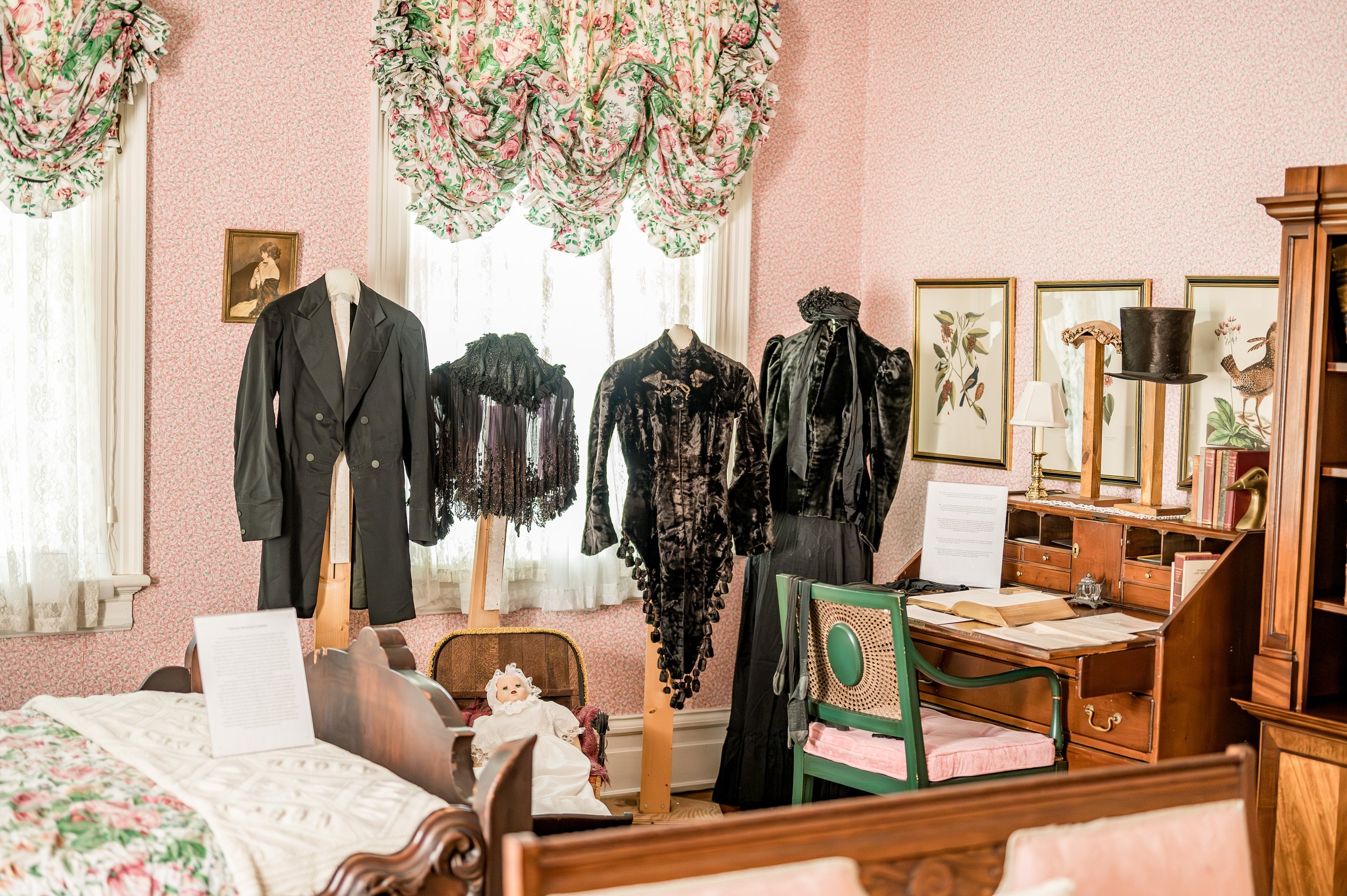
Ready to learn more?
Experience Avoca from the comfort of your own home with our captivating virtual tours. Immerse yourself in the home, and uncover the fascinating stories of its historical figures. Check out all of our virtual tour offerings below.
Special thanks…
Avoca Museum would like to thank our generous annual sponsors!

